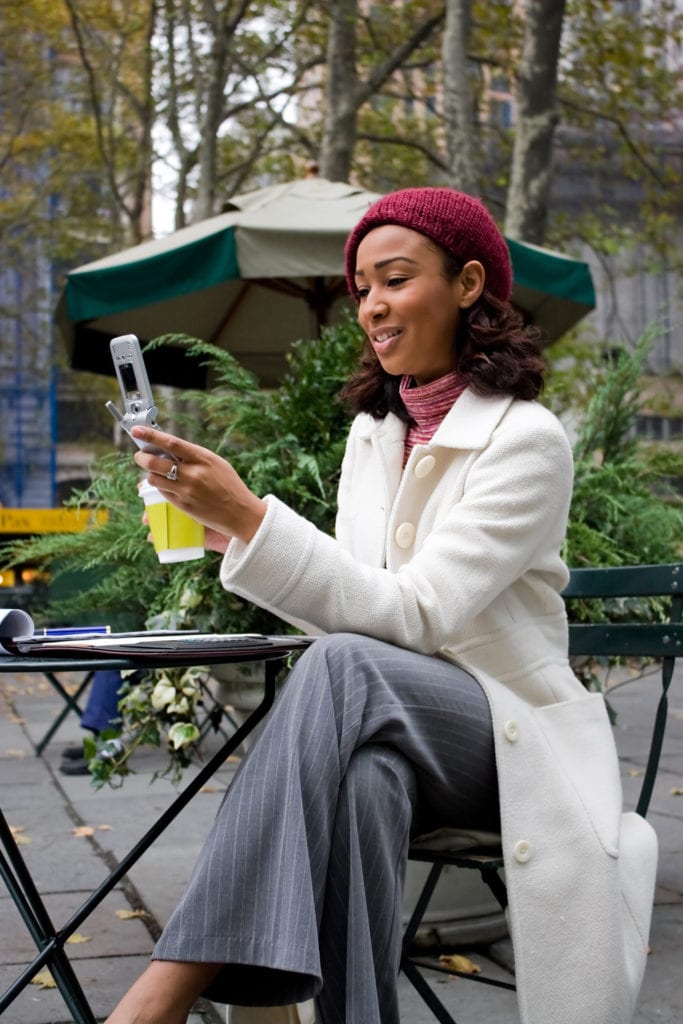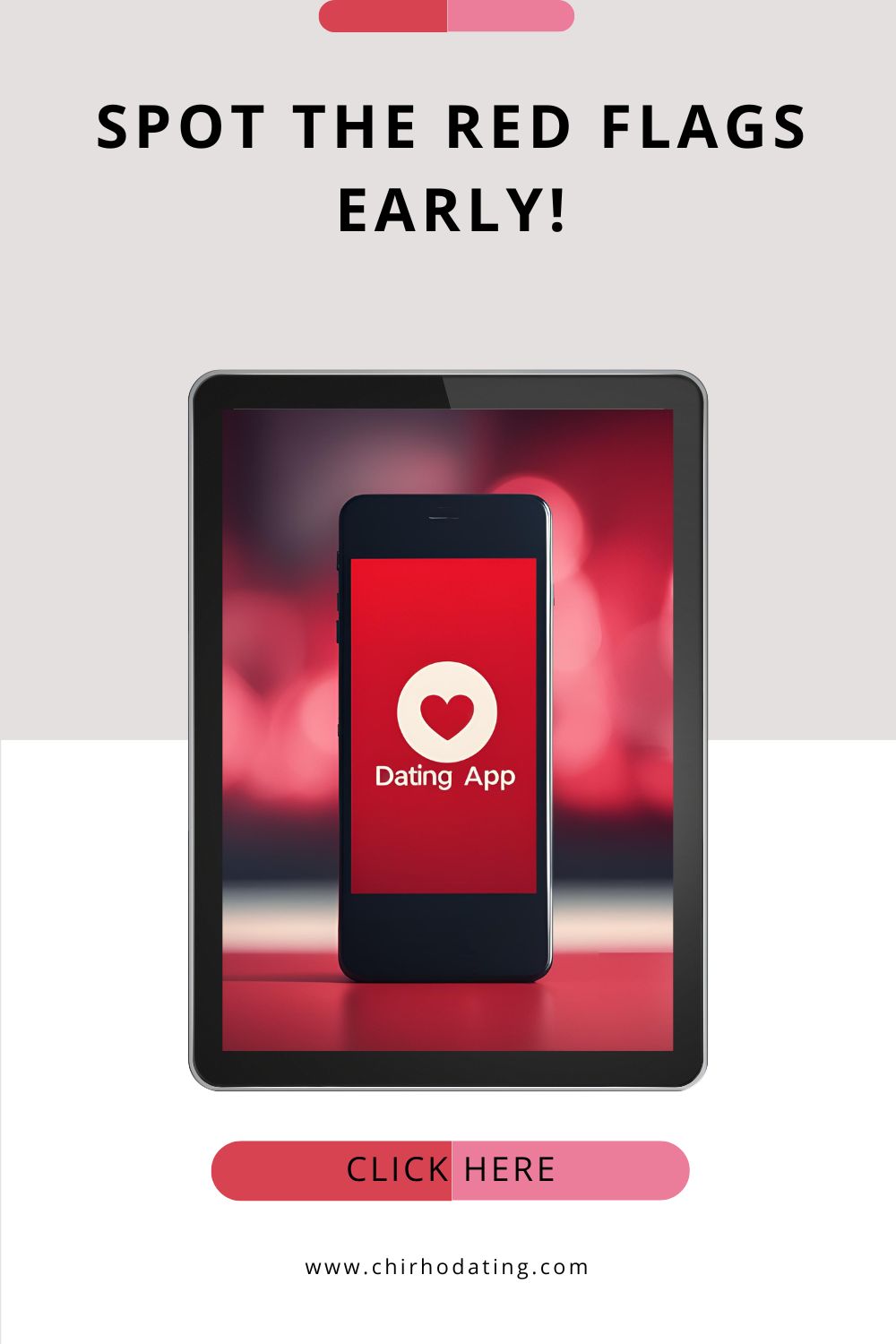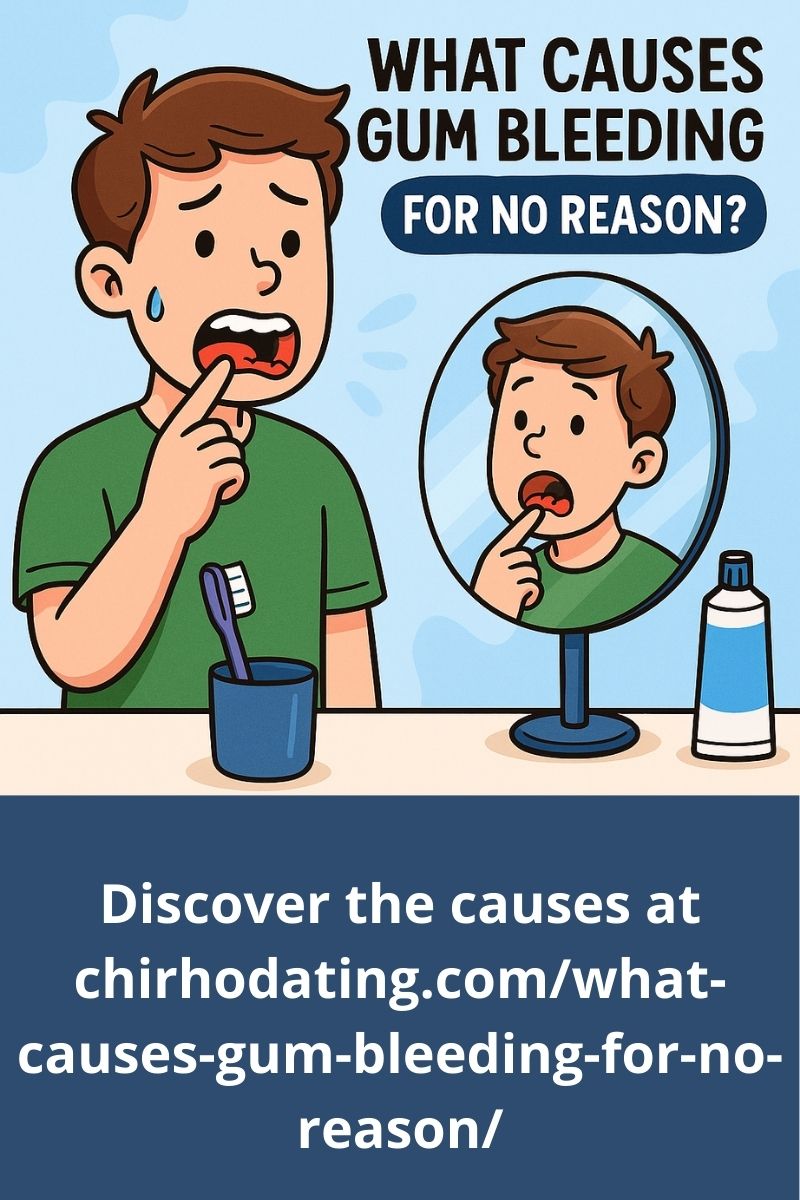We are a professional review company that receives compensation from companies whose products we review. We test each product thoroughly and give high marks only to the ones that are the very best. We are independently owned, and the opinions expressed here are our own.
Online dating opens up a world of possibilities for finding love or companionship but comes with risks. Knowing how to spot red flags early is crucial whether you’re new to dating apps or have been around the block. Recognizing the signs of manipulative behavior, fake profiles, or inconsistent communication can save you time, frustration, and potential heartache.
This article will guide you through the most common red flags in online dating, how to spot fake profiles and ways to protect yourself while navigating the online dating scene. By being mindful of these signs, you can focus on finding genuine connections while avoiding the pitfalls.
For more tips on improving your online dating experience, check out How to Keep Conversations Flowing in Online Dating.
Common Red Flags to Watch For

Everything might seem perfect when you’re in the early stages of getting to know someone online. However, if you notice certain behaviors that seem off, it’s worth paying attention. Here are some common red flags:
Inconsistent Communication
If someone is hot and cold—sending lots of messages one day and then disappearing for days—it can be a sign they’re either not severe or talking to multiple people simultaneously. Consistency is vital in building a real connection, so don’t ignore someone who flakes out without explanation.
Avoiding Video Chats or In-Person Meetings
If they continuously dodge your suggestions for a video call or an in-person meetup, it might be a sign that they’re hiding something. Scammers, catfishers, or people who aren’t genuinely interested often avoid real-time interactions. Make sure to verify someone’s identity before you get too invested.
See The Difference Between Text Chat and Video Chat for more tips on transitioning from texting to real-time interactions.
Vague Answers About Their Intentions or Personal Life
If your match gives vague or evasive answers when you ask about their personal life, job, or plans, take it as a red flag. Genuine people are usually willing to share important details as the conversation progresses.
Requesting Financial Help or Gifts
This is one of the giant red flags. If someone you’ve just met online starts asking for financial assistance or gifts, it indicates that they’re not in it for genuine reasons. Scammers often use emotional manipulation to get money from unsuspecting people, so stay cautious and never send money to someone you haven’t met in person.
For further guidance on staying safe in online dating, you can check out Stay Safe on Dating Apps: Tips for Avoiding Scammers.
Spotting Fake Profiles

One of the biggest dangers in online dating is coming across fake profiles—whether it’s a scammer, a catfisher, or someone with false intentions. While some fake profiles are easy to spot, others can be more subtle. Recognizing these signs early can save you from getting emotionally or financially entangled.
Signs of a Scammer or Catfisher
Fake profiles are often characterized by photos that seem too good to be true. You might want to investigate further if you notice a profile with overly polished or model-like photos. Scammers tend to use stolen images from the internet, so trust your gut if the pictures look overly professional or don’t match the conversation.
Another standard red flag is when someone’s life story feels unrealistic—they might claim to have an overly glamorous job, or their stories might seem far-fetched. They might say they’re a doctor working overseas or a military member stationed far away, using that as an excuse for why they can’t meet in person. Always be wary of grand, dramatic life stories that seem out of place.
Watch out for fast-moving relationships. If someone is pushing for intimacy, emotional declarations, or trying to build trust too quickly, it’s a sign they might have an agenda. Scammers often try to form emotional bonds rapidly to manipulate their targets.
How to Verify Someone’s Identity
Always suggest having a video call early to ensure you’re talking to a natural person. If they continuously avoid this, that’s a major red flag. You can also use tools like a reverse image search to check if the person’s photos are used elsewhere online. Upload their profile picture to a site like Google Images to see if it appears on other websites or profiles.
Check out Online Safety Measures: Protecting Yourself from Scammers for more tips on verifying profiles.
What to Do If You Suspect You’re Talking to a Fake Profile
If you suspect someone is a fake, trust your instincts. Stop engaging with the person, report their profile to the dating platform, and block them. Many dating platforms have strict policies on fraudulent accounts and will take swift action to remove them.
If you want to learn more about the warning signs of fake profiles, you can check out Is Online Dating Safe or Dangerous?
Manipulative Behavior

Manipulation in online dating can often be subtle and difficult to detect. Emotionally manipulative people might try to control the relationship dynamic from the very beginning, using psychological tricks to gain power over you. Spotting these behaviors early can protect you from emotional harm.
Recognizing Gaslighting or Manipulation Tactics
Gaslighting is a form of psychological manipulation where someone makes you doubt your reality or feelings. For example, they might dismiss your concerns or make you feel unreasonable for questioning their behavior. If someone you’ve met online consistently downplays your feelings, accuses you of overreacting, or twists your words, these are signs of gaslighting. It’s an emotional red flag that should not be ignored.
Love-bombing is another tactic often used by manipulators in online dating. It involves showering you with excessive affection, compliments or promises early in the relationship to create an intense emotional connection. While it might feel flattering, love-bombing is a way for someone to gain control quickly. Pay attention if the person is moving the relationship forward at a speed that makes you uncomfortable.
Setting Boundaries and Identifying Unhealthy Behavior
If someone tries to push your boundaries—whether moving too quickly, asking for personal information too soon, or being overly controlling—it’s crucial to assert your boundaries. Even in the early stages of dating, healthy relationships are based on respect. If they dismiss your boundaries, it’s a major red flag.
Ask yourself: Does this person make me feel comfortable and respected? If the answer is no, it’s likely time to step away. Setting boundaries and being firm in your standards can help filter out unhealthy individuals.
For more on how to set boundaries in online dating, read How to Set Boundaries in Relationships from Psychology Today.
How to Deal with Love-Bombing
If you feel like someone is love-bombing you—moving too fast, making grand declarations, or overwhelming you with attention—slow things down. Suggest getting to know each other more naturally and watching their reaction. If they respect your request, great! But if they react negatively or try to pressure you, it’s a sign of manipulative intent.
For more tips on recognizing manipulative behavior in relationships, check out Dating Tips for Introverts.
How to Protect Yourself

In the world of online dating, safety should always come first. While most people are genuine in their search for connection, some aren’t. Taking basic precautions can go a long way in ensuring your experience is enjoyable and secure.
Best Practices for Staying Safe Online
- Keep personal information private. Avoid sharing details like your home address, workplace, or personal contact information too early in the conversation. Stick to the dating platform’s messaging system until you’ve established trust.
- Don’t rush into meeting in person. Before planning an in-person meeting, take your time getting to know the person through texts, phone calls, or video chats. Trust your instincts—if something feels off, it probably is.
- Use reverse image search. If you have doubts about someone’s profile pictures, you can use tools like Google’s Reverse Image Search to check if the images are being used elsewhere. Scammers often use stock or stolen photos.
- Beware of oversharing. While building a connection is essential, don’t divulge too much personal or financial information, especially early on. Scammers often target vulnerabilities, so keep your conversations light in the beginning.
For more guidance on staying safe while online dating, visit Stay Safe on Dating Platforms.
The golden rule of thumb in online dating is: If it sounds too good to be true, it probably is, especially online.
Meeting in Public Places
When you’re ready to meet someone, always choose a public place for the first few dates. Coffee shops, parks, or restaurants are great neutral locations that allow you to meet safely while keeping the situation low pressure. Let a friend or family member know where you’re going and check in with them during the date. This extra step can add a layer of safety.
For more tips on transitioning from online to offline dates, see Connecting the Dots of Online Dating and Actual Dates.
Tools to Verify Profiles
Several platforms offer verification features, where users can confirm their identity through photos or other means. Always look for these markers when engaging with someone new; they can give you peace of mind. If the platform doesn’t offer this, requesting a video chat can quickly verify someone’s identity.
If you’d like more general tips on avoiding common online dating pitfalls, check out How to Stay Safe in Online Dating.
How to Politely Exit a Conversation That Feels Off
Sometimes, you’ll come across people whose behavior doesn’t sit right with you. Whether vague responses, pushy behavior, or feeling disconnected, it’s perfectly okay to exit a conversation gracefully. Here’s how to end things without creating awkwardness or unnecessary conflict.
How to Disengage Without Drama
The key to politely exiting a conversation is to keep it simple and respectful. You don’t owe anyone a detailed explanation, but it’s courteous to be clear about where you stand. Here are a few ways to end the conversation:
- Be honest but kind: “Hey, I’ve enjoyed chatting, but I don’t think we’re a match. I wish you the best!”
- Use a respectful exit line: “Thanks for the conversation, but I will move on. Best of luck with everything!”
- Keep it brief: “I’m not feeling the connection, but I appreciate your time.”
Ending a conversation respectfully can leave both parties positive and prevent unnecessary drama.
When to Block or Report
If the person is exhibiting harmful or manipulative behavior—such as pressuring you for personal information, becoming aggressive, or making you uncomfortable—don’t hesitate to block them. Most dating platforms have built-in features to report inappropriate behavior, which helps protect others from similar experiences.
For more on handling complex interactions, see How to Deal with Disappointment in Online Dating.
Trust Your Gut
You should never feel obligated to continue a conversation that doesn’t feel right. If something seems off, trust your instincts and exit gracefully. Prioritizing your emotional well-being and comfort in any interaction is essential. Remember: moving on early is better than staying in an uncomfortable conversation.
It’s easy to second-guess yourself; here are some strategies to help you trust your instincts.
Frequently Asked Questions About Spotting Red Flags in Online Dating
How can I spot a fake profile?

Look for signs like overly polished or professional photos, unrealistic life stories, and someone avoiding video chats or in-person meetings. Use tools like Google’s Reverse Image Search to verify their pictures, and always trust your gut if something feels off.
What should I do if someone asks for money?

This is a major red flag. If someone you’ve just met online asks for financial help or gifts, they are likely not genuine. Stop engaging with them, report their profile, and block them immediately.
How do I handle inconsistent communication?

If someone is hot and cold—communicating intensely one day and disappearing the next—it’s usually a sign that they’re not serious or are talking to multiple people. It’s best to set clear boundaries or move on if the inconsistency continues.
When should I report or block someone?

If someone exhibits inappropriate behavior, such as gaslighting, love-bombing, or pressuring you for personal information, don’t hesitate to block them and report their profile to the dating platform.
How can I safely transition from online to in-person meetings?

Always meet in public for the first few dates, let a friend or family member know your plans, and avoid giving out too much personal information. Suggest a coffee shop or park for a low-pressure and safe first meeting.
What should I do if I want to exit a conversation politely?

Please keep it simple and respectful. You can say, “I’ve enjoyed chatting, but I don’t think we’re a match. I wish you the best!” or “Thanks for the conversation, but I’m going to move on. Best of luck!”
Conclusion: Trust Your Instincts and Stay Safe
Navigating the world of online dating can be exciting, but it’s also important to be vigilant. Recognizing red flags early on can protect you from scammers, manipulators, and unauthentic people. You can save time and emotional energy by watching for signs like inconsistent communication, vague personal details, or pressure to share too much.
Always trust your instincts—if something doesn’t feel right, it probably isn’t. Protect yourself by verifying profiles, keeping personal details private, and never rushing into anything that makes you uncomfortable. And when necessary, don’t hesitate to walk away from conversations that aren’t in your best interest. Prioritize your safety and well-being, and you’ll be better positioned to find the genuine connections you seek.
For more tips on enhancing your online dating experience, be sure to explore other helpful resources on Chi Rho Dating.
Stay safe, and remember that knowing how scammers operate is your best friend for protecting yourself!




What do you think about the article you've just read? Please tell me below.